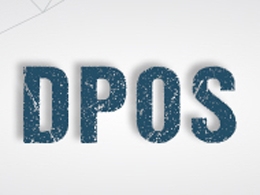
A Conversation About Proof-Of-Work Versus Proof-Of-Stake
Bitcoin Magazine Pro hosted a Twitter Spaces that brought the biggest names in Bitcoin and crypto to converse about the Ethereum move to proof-of-stake.This is a recording of a recent Twitter Spaces conversation about Ethereum’s upcoming “Merge” from proof-of-work consensus to proof-of-stake.Watch This Twitter Spaces On YouTube Or RumbleListen To The Episode Here:AppleSpotifyGoogleLibsynTranscriptDylan LeClair: Alex B, if you wanna come talk, you've been covering a whole mess with miner extractable value (MEV) on Ethereum. Because there's so many kinds of smart contract protocols,....
Related News
The proof is in the pudding when it comes to Bitcoin’s proof-of-work mechanism versus a proof-of-stake consensus mechanism debate.
What is delegated proof of stake? “(DPOS) Delegated proof of stake is a new consensus algorithms that allows shareholders (or the users of the system) to have control over who is certifying the ledger. it allows us to have 10 second block times, process 10 transactions per second or more, and allows the network to scale; to have dedicated nodes that are highly efficient and specialized yet remain in control of the shareholders. We can actually have 10 second confirmation on your blocks that is more secure than bitcoin.” How is DPOS different than proof of stake or proof of work? “Proof of....
Proof-of-work is the innovation that drives energy innovation. Proof-of-stake ensures the richest among us will continue their control over others.
A technical and in-depth analysis of the trade-offs that Ethereum’s consensus mechanism makes in its switch to proof-of-stake and how proof-of-work differs.
It is evident that proof-of-work is a pure representation of free-market forces as opposed to the control of proof-of-stake.




